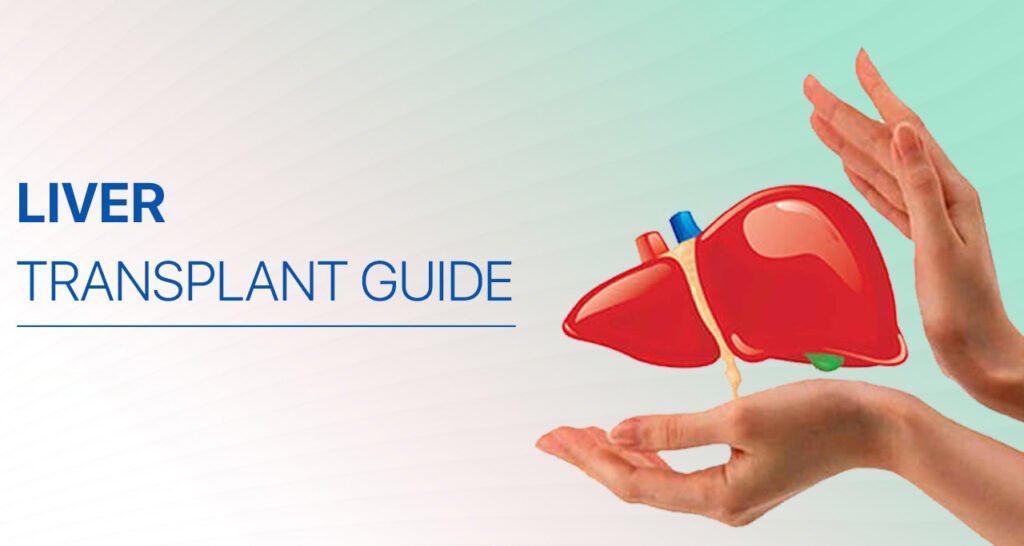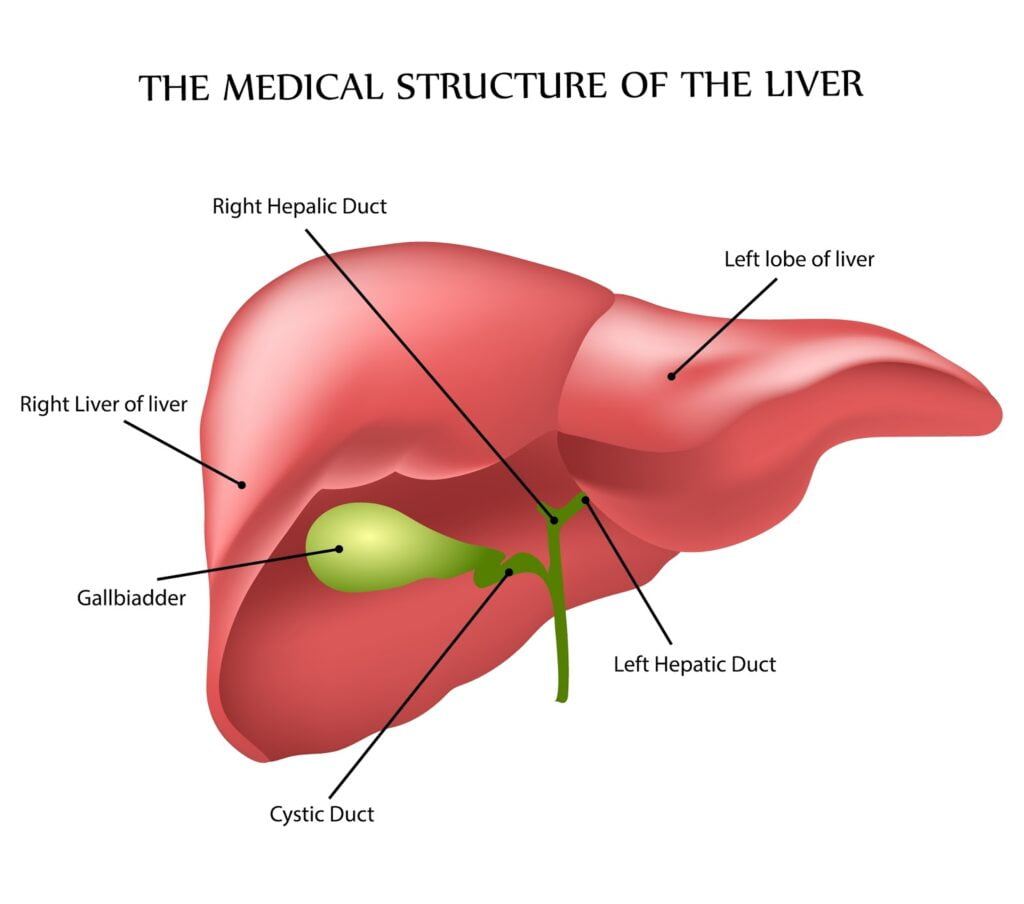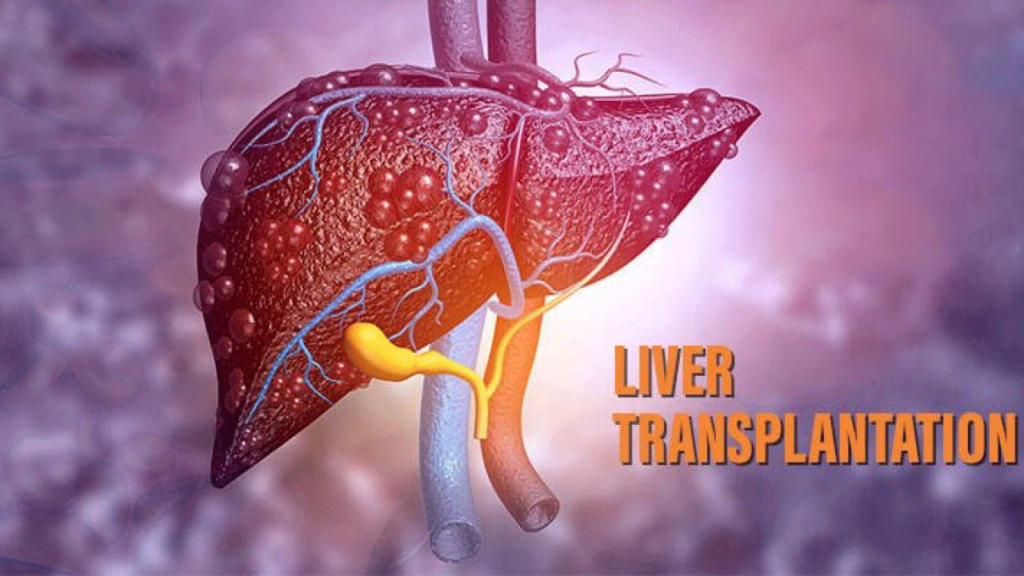
Liver transplant is a life-saving procedure that involves replacing a damaged or diseased liver with a healthy one from a donor. It is typically recommended for patients who have end-stage liver disease, acute liver failure, or certain types of liver cancer. In this blog post, we will cover the basics of liver transplant and what you need to know if you or someone you know may be a candidate.
Before we dive into the specifics of liver transplant, it’s important to understand the role of the liver in the body. The liver is the largest internal organ and plays a crucial role in many bodily functions. Some of its key functions include:
When the liver becomes damaged or diseased, these functions can be compromised. This can lead to serious health complications and even death if left untreated.
Music therapy can be particularly useful for patients undergoing bone marrow transplant, as they experience a wide range of physical and psychological symptoms, including pain, nausea, fatigue, depression, anxiety, and social isolation. Music therapy can help patients cope with these symptoms and improve their mood, motivation, and cognitive functioning. Let’s delve deeper into the specific ways music therapy can aid in bone marrow transplant recovery.
Liver transplant is typically reserved for patients who have severe liver damage or disease that cannot be treated with other methods. Some common reasons why someone might need a liver transplant include:
To determine whether someone is a candidate for liver transplant, they will undergo a series of tests and evaluations to assess their overall health and the severity of their liver disease. These tests may include blood work, imaging studies, and consultations with various specialists.
Liver transplant surgery is a complex procedure that typically takes several hours to complete. During the surgery, the damaged liver is removed from the recipient and replaced with the healthy donor liver. The new liver is then connected to the recipient’s blood vessels and bile ducts.
After the surgery, the recipient will be closely monitored in the hospital for several days to ensure that the new liver is functioning properly and that there are no complications. Recovery time varies depending on the individual, but most patients can expect to stay in the hospital for at least a week and may require several weeks or months of follow-up care.
As with any major surgery, liver transplant carries certain risks and potential complications. Some common risks include:
While these risks are serious, they are relatively rare. Liver transplant is generally considered a safe and effective treatment option for those who need it.
iver transplant is a life-changing procedure that has saved countless lives over the years. If you or someone you know is considering liver transplant, it’s important to understand the basics of the procedure and what to expect. By working with a team of experienced healthcare professionals, you can make an informed decision about whether liver transplant is the right option for you.















Indian Health Adviser (IHA) is a healthcare facilitator seeking to make health and wellness easier for people of international residents, their families, and their friends.
Designed by Acmeinfolabs